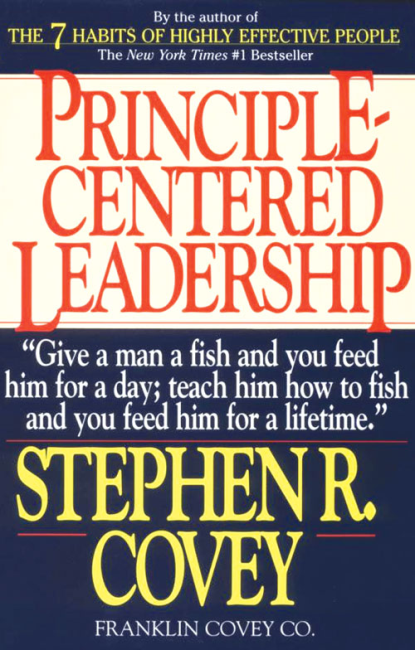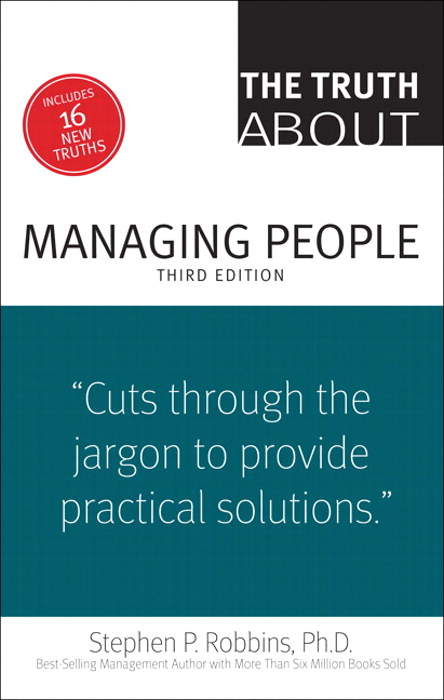Recently I have been reading about leaders in various organizations and I have been struck by the fact that in every organization–business, government, military, education, ministry–the vast majority of problems are interpersonal. People cause a lot of trouble.

There is a reason that books like Don’t Let Jerks Get the Best of You and Dealing with People You Can’t Stand exist.
How to Deal With Difficult People.
In the 8th Habit, Stephen Covey wrote: “The soft stuff is the hard stuff and everyone is coming to know it. That is why leadership is the highest of all arts; it is the enabling art.”
If people problems are the primary issues in organizations, then leaders need to learn to deal with people effectively. Two books I have used for years in my leadership and organizational behavior classes are The Truth about Managing People and Principle-Centered Leadership.
The Truth about Managing People is a short little read. It is like a textbook stripped of all of the unnecessary words. I believe that this is how it was developed. After all, Robbins is known for his best-selling textbooks.
The book is excellent. In it, Robbins explains simple concepts like why “telling your employees to ‘do your best’ isn’t likely to achieve their best,” (p. 47) and why “the essence of leadership is trust” (p. 87). If you are just starting out in management, read this book. It will help you detect the landmines that you cannot see.
 Principle-Centered Leadership is one of best books on leadership that I have ever read. [For more, see my Top 10 Leadership Books] The book winds and meanders, but it contains so many gems.
Principle-Centered Leadership is one of best books on leadership that I have ever read. [For more, see my Top 10 Leadership Books] The book winds and meanders, but it contains so many gems.
Covey focused on how leadership only exists in the context of a relationship. He explained that: “there are times to teach and train and times not to teach. When relationships are strained and charged with emotion, attempts to teach or train are often perceived as a form of judgment and rejection” (p. 82). As a professor, that passage spoke to me.
In another place he wrote, “there is nothing on earth that can buy voluntary commitment. You can buy a man’s hands and back, but not his heart and mind” (p. 179). How many millions of dollars have been wasted because management did not understand this concept?
A major theme of the book was the simple idea that, “you can be efficient with things, but you must be effective with people” (p. 189).Effectiveness is not the same as efficiency, and confusing the two can lead to disaster. When dealing with people, the shortest path to an agreeable outcome may take more time, but shortcuts seldom work.
If you see the wisdom in these few passages, read the book. You can get it on Amazon for less than $5 on Kindle (immediately) or for a penny (+ 3.99 shipping) if you can wait a few days.
Covey, S. R. (1991). Principled-centered leadership. New York: Free Press.
Robbins, S. (2013). The truth about managing people, 3rd Edition. Upper Saddle River, NJ: Prentice Hall
-Darin Gerdes, Ph.D.



